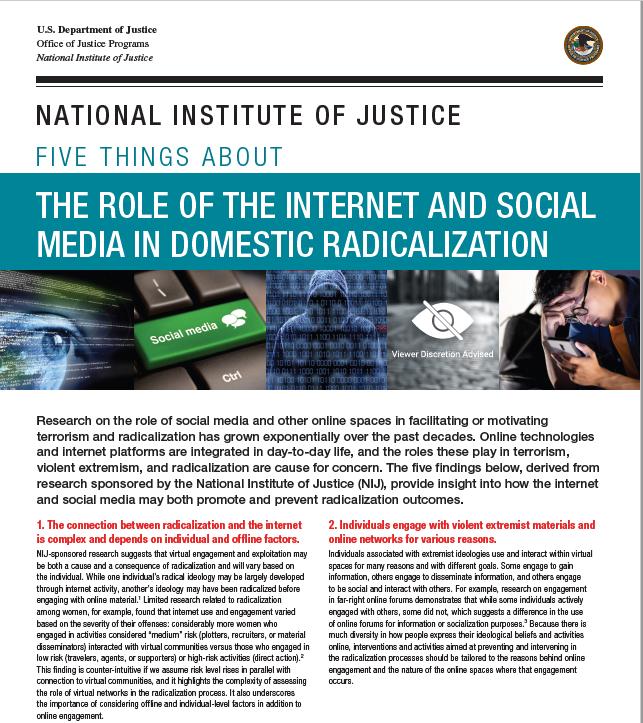One in Five Americans Justify Political Violence Amid Rising Social Media Radicalization Concerns

Spencer Joseph recently highlighted a growing concern regarding social media's role in the normalization of violence and the encouragement of radicalized group-think. Joseph stated, "Social media allows 'permission structures' for violence - spaces where political violence and murder is no longer taboo, and even encouraged. Radicalised group-think is supported." This observation aligns with broader discussions among experts and policymakers about the internet's impact on societal polarization and extremism.
Research indicates that while the internet does not solely cause radicalization, it significantly facilitates the spread of extremist ideologies and the formation of like-minded communities. Platforms are utilized for propaganda dissemination, recruitment, and coordination by various extremist groups. The European Commission and Europol have consistently identified online radicalization as a pressing security threat, noting the internet's role in accelerating the spread of radical ideologies.
The concept of "permission structures" on social media, as described by Joseph, reflects how online environments can desensitize individuals to extreme views. Experts like Barbara Walter point out that political violence becomes more likely when leaders tolerate or encourage it, and online platforms can amplify such messages. Surveys suggest that approximately one in five Americans believe political violence might be justified in certain circumstances, highlighting a concerning shift in societal norms potentially influenced by online discourse.
However, academic studies often present a more nuanced picture, emphasizing that offline interactions and individual susceptibilities remain crucial factors in the radicalization process. Researchers like Joe Whittaker argue that while online activity is a risk factor, it is rarely the sole cause, and the distinction between "online" and "offline" radicalization is increasingly blurred. The challenge lies in understanding the complex interplay between digital engagement and real-world actions.
The ongoing debate underscores the critical need for comprehensive strategies to address the amplification of violent rhetoric and group-think online. Policymakers face the task of regulating platforms without stifling free speech, while tech companies grapple with content moderation and algorithm design. The implications for democratic health and social cohesion are significant, requiring concerted efforts from leaders and communities to re-establish norms that inhibit violence.